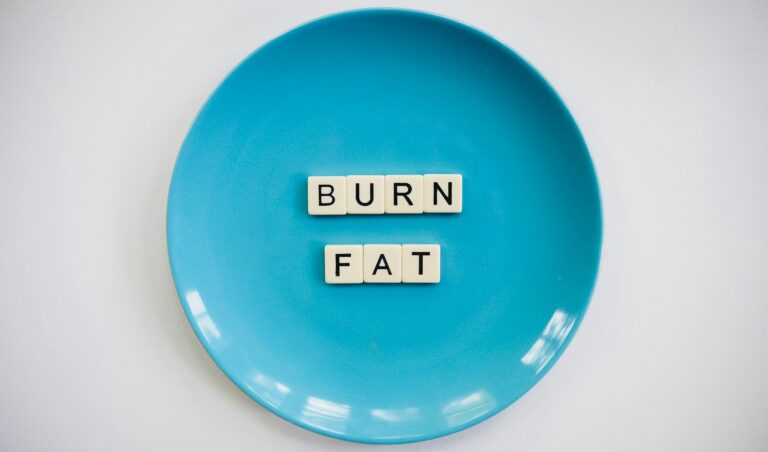
In today’s fast-paced world, maintaining energy throughout the day is crucial. However, many people rely on carb-heavy foods for quick energy, only to experience a crash soon after. Fortunately, adopting a low-carb lifestyle can boost your energy levels and leave you feeling revitalized. In this article, we will explore practical tips to reduce carbs while maintaining high energy, helping you thrive both mentally and physically.
1. Understand the Connection Between Carbs and Energy
To begin with, it’s important to understand how carbohydrates affect your energy levels. While carbs provide quick energy by raising blood sugar, they often lead to spikes and subsequent crashes. This cycle can leave you feeling sluggish. On the other hand, reducing carbs and focusing on protein, healthy fats, and fiber can stabilize your energy levels. Therefore, adopting a low-carb diet ensures sustained energy throughout the day.
2. Choose Low-Carb, Energy-Boosting Foods
Making smart food choices is key to maintaining energy while reducing carbs. Here are some excellent low-carb options:
- Leafy Greens: Spinach, kale, and arugula are low in carbs but rich in vitamins and minerals.
- Avocados: Packed with healthy fats and fiber, they provide lasting energy.
- Eggs: A versatile and protein-rich food that keeps you feeling full and energized.
- Fatty Fish: Salmon and mackerel are high in omega-3 fatty acids and protein, perfect for sustained energy.
- Nuts and Seeds: Almonds, walnuts, and chia seeds offer healthy fats and a quick energy boost.
- Greek Yogurt (unsweetened): A low-carb, protein-packed snack to keep hunger at bay.
By incorporating these foods into your diet, you can reduce carb intake while maintaining vitality.
3. Start Your Day with a Low-Carb Breakfast
Breakfast sets the tone for your entire day. Therefore, skipping carb-heavy cereals or pastries in favor of low-carb options is essential. For instance, try scrambled eggs with spinach and avocado, or enjoy a smoothie made with unsweetened almond milk, berries, and chia seeds. These choices not only keep your blood sugar stable but also provide the energy needed to power through your morning.
4. Stay Hydrated for Optimal Energy
It’s easy to overlook hydration, yet it plays a significant role in energy levels. Dehydration can cause fatigue, even if you’re eating well. Consequently, drinking plenty of water throughout the day is crucial. To enhance hydration, consider adding electrolytes by drinking coconut water or incorporating a pinch of salt and lemon into your water.
5. Incorporate Healthy Fats into Your Meals
Healthy fats are a cornerstone of a low-carb, high-energy diet. They provide a steady source of fuel for your body and brain. For example, include olive oil, coconut oil, or ghee in your cooking. Additionally, snack on foods like nuts, seeds, or a small serving of dark chocolate to keep your energy levels up without spiking blood sugar.
6. Practice Balanced Meal Planning
Balanced meals ensure that your body receives all the nutrients it needs. Aim for a combination of protein, healthy fats, and fiber with every meal. For instance, a salad with grilled chicken, avocado, and olive oil dressing provides the perfect low-carb, energy-boosting combination. Moreover, eating smaller, frequent meals can help prevent energy dips and keep you focused throughout the day.
7. Avoid Processed Foods and Sugary Drinks
Processed foods and sugary drinks are often loaded with hidden carbs that can sabotage your energy levels. Not only do they cause blood sugar spikes, but they also lead to crashes that leave you feeling drained. Instead, opt for whole, unprocessed foods and replace sugary drinks with water, herbal teas, or black coffee. By making these changes, you can maintain steady energy levels and reduce carb intake simultaneously.
8. Stay Active to Boost Energy
Regular physical activity is another essential component of a low-carb, high-energy lifestyle. Exercise improves circulation, boosts mood, and enhances energy. Whether it’s a brisk walk, yoga, or strength training, incorporating movement into your daily routine helps your body utilize energy more efficiently. Furthermore, staying active supports better sleep, which is vital for maintaining energy levels.
9. Monitor Your Progress and Adjust
Transitioning to a low-carb lifestyle is a journey that requires regular evaluation. Take time to assess how your energy levels respond to different foods and routines. If you notice any dips in energy, make small adjustments, such as increasing protein intake or tweaking meal timing. Remember, everyone’s body is unique, so what works for one person may need slight modifications for another.
Adopting a low-carb, high-energy lifestyle is a simple yet powerful way to enhance your overall well-being. By understanding the impact of carbs on energy, choosing nutrient-dense foods, and incorporating healthy habits, you can feel revitalized and ready to tackle each day. Start implementing these changes today and experience the lasting benefits of a more energized, vibrant you.




